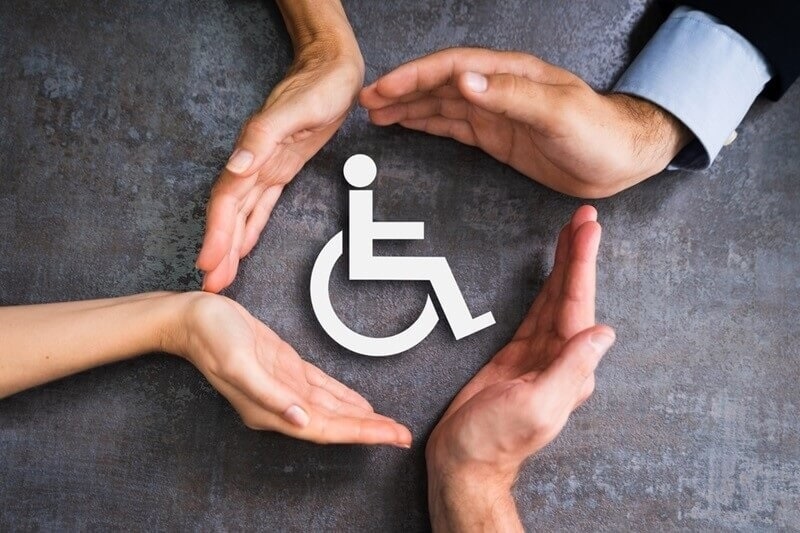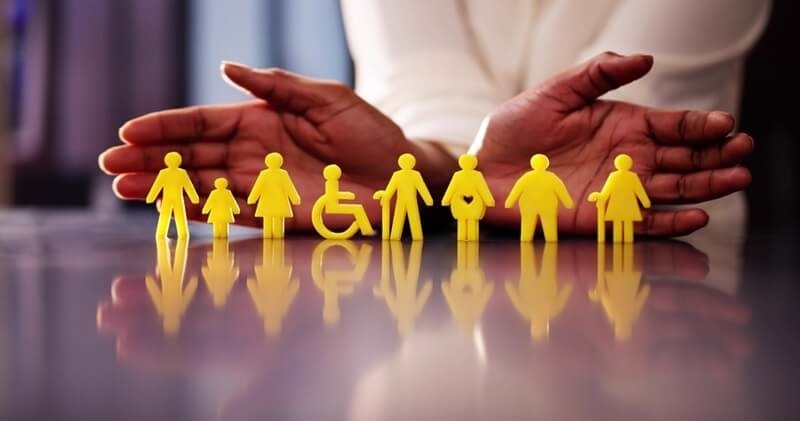
Many people don't think about disability insurance until they need it. Whether you work for someone, run a small business, or freelance, your ability to make money is super important. Disability insurance is there to help protect against the unexpected.
If you're wondering what disability insurance covers or when the right time to get it is, this guide will explain the different kinds of coverage, what situations they can help with, and how to pick the right plan.
Disability insurance gives you money if you get sick or injured and can't work. If you can't earn a living because of a medical issue, a loss of income insurance will replace some of your lost income. But remember that not all disabilities are seen the same way by insurance companies.
So, what's typically covered? Here’s a quick rundown:
Keep in mind that coverage can change depending on the specific policy. Always read the fine print to know exactly what's covered and what kind of documentation you'll need.

There are generally two kinds of disability insurance: short-term and long-term. They cover different things and last for varying periods.
Short-term coverage usually begins paying out within a week or two after you become disabled, and it can last around 3 to 6 months. It's useful for things like recovering from surgery, minor injuries, or childbirth.
Often, employers provide short-term plans that can be inexpensive or even free. If you're self-employed, you may need to find your own private plans for similar job protection.
Long-term disability insurance is for more serious situations that last for months, years, or even a lifetime. These policies typically start after your short-term coverage ends, or after about 90 days of waiting.
The payments from long-term policies can last for years – sometimes until you retire. They help with long recovery times from major illnesses, bad injuries, and ongoing health problems that keep you from working for a long time.
A lot of people think they won't need disability insurance. But the numbers tell a different story. Studies show that one in four workers will face a disability before they retire. A broken bone, a serious illness, or mental health issues could keep you out of work longer than you'd expect.
Here’s why it’s a good idea to think about getting this protection:
It’s important to know what disability insurance doesn’t cover, just like knowing what it does. Most policies don’t include:
If you're not sure about what's not covered, check the policy details or ask an insurance expert to explain it to you.
Here are some of the best disability plan tips for you:
Find out if your job already gives you disability coverage. If it does, read the fine print. If not, or if it's not enough, think about getting your own plan.
How much money would you need each month to keep living your life if you couldn't work? This will help you know how much your policy should pay out.
The waiting period is how long you have to wait to get benefits after you become disabled. A shorter wait usually costs more, but you get money sooner.
Do you want a policy that pays for a few years or one that pays until you retire? Consider your bills and savings before you decide.
Some plans only pay if you can’t do any job. Others pay if you can’t do your current job. The second one is better, but it might cost more.
Some plans include things like:
There's no perfect time, but these times are good to get disability insurance:
Don't wait until you have a health problem. Most companies want you to pass a health check first, so do it while you're healthy.
Let's clear up some things people think about this insurance:
Myth: Worker's Comp Will Cover Me
That only counts if you get hurt at work. Most disabilities happen outside of work.
Myth: I Have Enough Savings
Even a few months without work can empty your bank account. Some disabilities last for years.
Myth: It Costs Too Much
Many plans cost only 1–3% of what you make each year. That's not much for the security it gives you.
Myth: It's Only for Risky Jobs
Anyone can become disabled. Most long-term disabilities are from illnesses.
Let’s explore some Real-life examples:
Sam, a marketing guy, gets carpal tunnel syndrome and needs surgery. His short-term coverage helps him pay his bills while he recovers.
Nina, who owns a bakery, gets cancer. Her long-term plan pays her after 90 days, helping her with bills during treatment.
Tom, a graphic designer, hurts his back in a fall. His insurance pays him each month, so he can rest and heal without worrying about money.
Here are five things to remember:
If you've ever wondered what disability insurance does, now you will get a clear answer. It protects your income if you're unable to work due to an injury or illness. It is designed for everyone who earns pay, not just people who have particular jobs or are older.
With the right insurance, you can receive money and peace of mind, and that will allow you to concentrate on getting better.
This content was created by AI